|
This a story of DELIBERATE PERSEVERANCE.
It is a story of a man was born in 1937. He was small in stature, struggled with a lisp which naturally lead to low self-esteem in the young man. His father never made it past the third-grade. Nobody in his family had ever attended college. Against the opinions of most around him, the boy went to college and became a leader in his field despite many obstacles. In 1966, at the age of 28, this man was married, out of work, And his wife was expecting their third child. His process and deliberate perseverance has become both legend and a great model for anyone who is struggling with their mental health. This 5 minute podcast outlines his story and process for deliberate perseverance.
0 Comments
This podcast features the work of Jennifer Marshall and Anne Marie Ames who started the non-profit organization This Is My Brave to help people struggling with mental illness share their story. 'This is My Brave' Information: From their website: 'Our mission is to ignite and actively promote―through community programs and social media― a positive, supportive national conversation about mental illness for those who live with, or love someone who lives with, a mental illness. Through the sharing of stories and experiences of those in recovery, we expect to provide a sense of community and hope; and encourage others to share their stories. We believe that each time one of us shares our story, there’s another crack helping to break down the stigma of mental illness. Right now, it's time to be brave and bring mental health issues into the spotlight because they've been in the dark too long.' Connect with This Is My Brave Website: www.thisismybrave.org Twitter:@ThisIsMyBrave YouTube: @ThisIsMyBrave Instagram: @ThisIsMyBrave 
About Jennifer Marshall
From her website: 'Writing openly about living with mental illness inspired me to co-found a non-profit called This Is My Brave, Inc. which provides a platform for people to share their story live on stage through poetry, music and essay.' Blog: www.bipolarmomlife.com Twitter: @BipolarMomLife Facebook: @BipolarMomLife
September is National Suicide Prevention Month. In this podcast we re-release a condensed version of an interview we had with Phillip Fulmer, former head coach of The University of Tennessee and National Spokesperson for The Jason Foundation.
Coach Fulmer discusses the great work of The Jason Foundation. With 64 community resource centers serving all 50 states, this organization is making an enormous difference in youth suicide prevention. Coach Fulmer was the head coach at The University of Tennessee for 17 years where his 1998 team won the National Championship as he was awarded both National and SEC Coach of the Year honors. His .743 winning percentage puts him in the all time top tier of college coaches and he was elected to the College Football Hall of Fame. Podcast - Interview: Earl Nightingale's Principles For Mental Resilience with Diana Nightingale9/16/2015
Diana Nightingale comes on the Conquer Worry Podcast to discuss how the work of her late husband, Earl Nightingale, work could benefit someone who is struggling with their mental or emotional health.
About Earl:
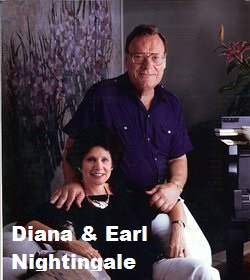
From Diana's Website (www.diananightingale.com)
Nightingale - a name, like that of a torch burning brightly in the night, has for more than 60-years, shown brightly on the path that leads to the successes of life! While, Diana Nightingale is widely recognized as the widow of, Earl Nightingale, Diana, has been presenting her own messages to audiences for more than 30-years. She is an author, a Life Coach Mentor, a speaker, a retreat and seminar leader, speaking to audiences across the US and overseas. Diana, brings new life to the time-tested Nightingale messages and shows how to make them "work" in today's ever-changing world. Even during the bleakest of times, she is quick to enforce the age-old truth that "we become what we think about".
Have you ever felt stuck?
Y’know when it feels your body is glued onto a sticky yucky tarry melted road and you can’t get going no matter how hard you try lift those weary, exhausted legs? What we have learned is that there are some things, regardless of the situation, that make us firmly stuck. Things that unless we recognise them, keep us stuck. Things we often do out of habit (because we’ve always done them – because we don’t even know we’re doing them! – because we don’t know what we could do instead). Things we would do well to dump. The following list is the six most common (but useless) habits that tend to keep us emotionally stuck, along with some simple tips on how to get yourself moving
Over-valuing other people’s opinions: We place a lot of importance on other peoples’ opinion of us. Think about it – what we do, what we wear, what we eat, how we eat it, we often ask ourselves – “what would Mom think of this dress?”, “What would she do in this situation?”. This was useful when we were kids – we were learning what was right and wrong, appropriate and not. It was a tool for survival. Adult approval is not only important, but often necessary for child survival.
But then we grow up (mostly..;)).In doing so though we often forget that now other peoples’ approval is no longer necessary for survival. Indeed, it might even be harmful to us if we go along with what they want or approve of. Take cult suicides as a (granted, very dramatic) example. And so we waste a huge amount of time doing other peoples’ thinking for them. We censor and stop ourselves from laughing or dancing or loving, saying or doing – and all the while, the people who’s opinion we are giving so much weight to? Well they’re probably worrying what we think of them. Ever think of it that way? Bottom line : You don’t know what other people are thinking. You don’t even know if they’re thinking. Allow yourself to let your opinion of you matter more. Guilt / Shame We humans have a completely useless habit of replaying scenarios in our heads of things we said or did that we would really rather have done differently. Hindsight is a cruel thing, depending on how we use it! Instead of hindsight, try ‘kindsight’. If we do something that was actually wrong, then guilt and some shame are appropriate responses. These feelings inform us that we could have made better choices, and that there are consequences for our actions. Best if followed up with a plan for how not to behave like that again, understanding why we did in the first place, and making amends or apologies if appropriate. Otherwise, and here’s the thing, guilt and shame are not helpful. If you feel shame over something that was simply a mistake, perhaps not ideal, but certainly not calamitous, then it would be nice to let that go wouldn’t it? You’ve probably had the experience where a friend says they are still mortified about a past action that you dismissed as funny or unimportant. If we can let go on other peoples’ behalf then let’s do it for ourselves. We call this “Habit guilt”. A good way to check for habit guilt is to ask yourself 1: If I had all the knowledge then that I do now, would I have made a different choice? If so, then younger me deserves some compassion and credit for learning. 2: If my friend did that would I continuously nag and remind them of it and insist they feel shame? We deserve to treat ourselves with the same amount of compassion as we treat others. Indecision and Proscrastination Here’s a great real life example – it took us over a year to set this site live. We procrastinated and went through all sorts of mini-crises in the process. We got distracted, ” too busy”, have to vacuum the place, walk the dog – you’ve been there right? Know these things: Procrastination and indecision are fear in disguise. Usually, fear of what other people think (go back to our first point above). When we accept that nothing will change unless we decide to change it, then change ‘happens’. In other words, change doesn’t ‘happen’, it’s a choice. Staying stuck and not making a choice is also a choice. Why not go ahead and make the choices that serve your goals, rather than keep you stuck! It feels much better (promise).
Victim-hood.
We are not talking about being an actual victim (of abuse, violence or other circumstances). We’re talking about a sneaky, self-defeating mindset. Do you have a victim-mindset? Here’s a challenge – listen to your inner and real chat, and become aware of how often you say “I can’t”, “Ya but…”, “It’s not my fault that..”. These are some of the ways we use words to disempower ourselves. While many things happen that are indeed beyond our control, what we can control is how we choose to react, what parts of an experience we embrace, what parts we let go. Recently, one of us had a very nasty encounter with a verbally abusive person. It was a real victim situation. After which five lovely people immediately leapt to defend, support and comfort. Even with all of our experience, it took real effort to focus on the words of these five people rather than slip into a looping victim mindset triggered by this persons’ abuse, this experience. We need not allow negative people and experiences live rent-free in our heads. Tips to maintain your personal power: 1: Try to consciously be aware of the good. Be aware of how much headspace you assign to the ‘bad’ and realise you have a choice there. When you say “I can’t”, you probably mean “I don’t want to” – and it really is OK to say that! 2: When we say “Ya but” check – maybe you can just say “yes, I’ll consider that, even if it’s scary as hell and I feel like crying and running away WAAAAAAA!!” 3: When we say “it’s not my fault” that may be true – but you might have the solution! And your happiness is your responsibility! (If that feels daunting and irritating to read rather than freeing, you might err on the side of being in the role of ‘victim’, don’t judge that now, just notice it! You’re certainly not alone.) The need to be right Hate being wrong? Yes, we empathise.. the thing is, we miss out on so much if we close our minds and hearts to the fact that other people know more, or better or have different experiences to us. Learning is growth, we are all learning, all the time. When we embrace being ‘wrong‘, life gets a lot more interesting, and it’s easier to move forward – promise! Fast-forwarding & rewinding When we are afraid, worried, shamed or regretful it’s a sure sign we are living either in the past or shooting forward into an imaginary future. We’re so busy looking back and forward we paralyse ourselves with judgement and fear. We rehearse future arguments, regret not adding to past ones, re-embarrass ourselves about mistakes – in fact, we’re so easily triggered that just typing this triggered all sorts of delicious memories (OK, distasteful and yucky..). The more present we stay – the more mindful we are – the more connected to ‘the now’, the happier we become. Focussing on ‘now’ reduces the amount of time we spend unhappily comparing our current self with our ideal self.
It doesn’t require a yoga mat, incense or herbal tea! You can do it right now if you choose. Just notice how you feel and what you are thinking…now…
Notice your thoughts, don’t judge them, don’t even engage. Just notice what your brain is doing, right, now. Stay present, no regretting, no predicting. Just stay here. When we do this, we slow down, and solutions come easier. When we do this, we are being mindful, not mind-full. And, as a result, moving on becomes easier because we are not ‘stuck’ in the stuff of the past. We are not weight down by regrets, habits, and worn-out beliefs. Does any of this sound familiar for you? Of course sometimes, we need to be stuck for a while, that’s OK. But when you become aware that it’s time to move on, hopefully this will be the post for you! And as always – remember, you’ve got this and we’ve got your back! Bon Voyage! Two Wise Chicks Original Post: Link 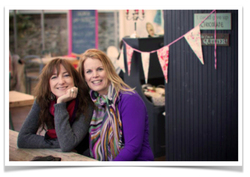
My first panic attack was at the beginning of college - and I was terrified and frozen at the same time and my response was to retreat.
It was the beginning of a long journey that ended with me in alcohol rehab over a decade later. It took me that long to come to terms that I suffered from anxiety and depression and deal with it in a way that allowed me to move forward. Right now, I am writing this with an ice pack on my right knee - part of my recovery from competing in a half marathon on the weekend. My life has turned completely around since I stopped worrying - and learned some positive strategies to manage my anxiety and depression - and of course stopping drinking alcohol. Now, I have run my second half marathon. Running long distances is just the most perfect way to get present in the moment and fall into a self meditation. Nothing, and I repeat nothing, can be on your mind when you are running up a hill and you are puffing and feeling the pinch. The other not-so-secret I have enlisted is yoga. Yoga is a deep body massage that you give yourself. It is as complete and utterly refreshing as you choose it to be, and it comes with a ever-helpful dose of humility and body awareness as well. I do yoga four mornings a week at 6am and it is a lovely way to welcome the day - being 41 years old surrounded by nimble twenty somethings. My anxiety and worry are still there, just that I have worked on myself enough for it to be minimised. Also, I am a voracious reader of self help and personal development books. And you can never have enough little life strategies to assist you when you need support. Overcoming anxiety and depression has come at a huge personal cost for me. I am estranged from my family through several exhausting incidents, and I have changed career and jobs multiple times as the situation demanded. I have lost so much to this condition, but it has not broken me at all - it has become a part of who I am. Now, I am complete and understanding and tolerant and accepting - mostly of myself and more and more so toward others. I beg you to be open and willing to explore ways to lessen the impact that anxiety, worry and depression has on your life before you start to lose things that are precious to you. Namaste. Bren Murphy 
Bren Murphy has written two books on Living Without Alcohol and edits a Sober Recovery website at AlcoholicLife.com A Husband and Father of three daughters, he maintains his yoga and running whilst working from home as a writer. He is focused on helping courageous people embrace the life changing magic of recovery and sobriety.
Social Media Links Twitter: https://twitter.com/br3nmurphy Facebook: https://www.facebook.com/br3nmurphy Google+: https://plus.google.com/wm/1/+BrenMurphy1 Bren Murphy: http://www.brenmurphy.net/ Alcoholic Life: http://www.alcoholiclife.com/
Is mental health advocacy effective? Two of the most vocal mental health advocates come on The Conquer Worry Podcast to discuss this important topic.
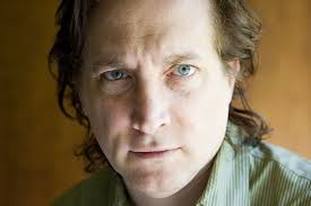
Andy Behrman is Mental Health Writer, speaker and author of Memoir of Mania which has been translated into 6 different languages and is distributed across the globe.
Here is a past interview with Andy on The Conquer Worry Podcast: Mania, Bipolar Struggles & Prison - Andy Behrman Interview | Episode 7 Connect With Andy: Andy's website:www.electroboy.com Follow Andy on Twitter: @electroboyusa Andy's book: Electroboy - A Memoir of 'Mania' 
Gabe Howard is a mental illness speaker, writer, activist and current author of Don't Call Me Crazy on PsychCentral.com and his work can be found at gabehoward.com
Here is a past interview with Gabe on The Conquer Worry Podcast: Bipolar Advocate Shares His Struggles & Strategies With Gabe Howard | Episode 19 Connect With Gabe: Twitter: @GabeHoward29 Facebook: GabeHoward29 YouTube: GabeHoward29 Website: www.GabeHoward.com
If you’ve spent any amount of time looking through my website, you will see I am a supporter of awareness for mental health and suicide. I also write fiction and blog posts that are hard to read because of their honesty. Why do I do this? Because I believe people shouldn’t have to suffer in silence.
I’ve battled depression and generalized anxiety disorder for many years (I was diagnosed before I was in college). I have worn the mask, hiding my illness from people (except those really close to me, which are very few), afraid if I let on just a little bit I was struggling, my friends and family would suffer. I live with darkness and suicide every day. It’s a battle I’ve learned to manage. I sit with myself often, enduring the self-loathing my illness projects onto me, waiting until it passes. Sometimes that’s a few hours; sometimes its days. Yes, I’ve been there, staring suicide right in the face. And while I know this will be hard for many to read (especially my family), it is a truth of my everyday life. In my times of utter despair, I have to remind myself what I’ll be leaving behind if I go through with it. All I have to do is picture my husband and my kids and while the power to give up overwhelms me, I hold on to that ONE thing. Because it’s my family who keep me here. It’s my closest friends who remind me how much I’ve touched their lives, or their children’s lives, just by being me. Those are the things I hold on to. Those are the things that eventually pull me out and bring me back into what’s real. Through the years my husband and I have learned to deal with the ups and downs, the good days and the bad. We’ve worked out a system that works for our family. And we trudge on, knowing the downs will come again, but being better prepared each time for when they hit. This is why I am a supporter of mental health and suicide awareness. Without the support of my husband, I don’t know that I would be here today writing about my story. My illness is very scary for those around me as well as for myself. My husband only wants to help but often doesn’t know how. My children see the effects but don’t understand why mom is “sad” or “freaked out.” It’s hard watching your family struggle and knowing you are partially the cause. Its scary sitting with your own thoughts, part of you knowing they are lying and part of you knowing they are not. It’s hard to sort through the truth and the lies. I am learning to know myself better as a writer and as a person. And while I’ve been denying this truth about sharing my story, I have hindered progress in taking the right steps to move forward. Some people believe we have a “calling” in life. While I do not believe we have a pre-determined path to our lives, I do believe in fate. I do believe we are all here for a reason. I was born nearly three months early and weighed two pounds two ounces. At the time of my birth, hospitals were just figuring out how to care for premature babies. I survived. And I survive today, despite my illness telling me I have no purpose here. I will never be “cured,” just as someone with a chronic illness will tell you. But I can share my story with others. I can own my illness as part of me but not all of me. I can continue to take care of myself and live out this “calling” I feel compelled to do. I also credit people who have helped me step out on this limb. My husband, my very close friends, some people in my writing group, and a group called “This is My Brave.” They have opened my eyes to the fact I don’t have to live in silence anymore, pretending to be something I am not. As I write this I am very aware of the ripple effects it may have. But it’s time to share my story. It’s time to step out of hiding and say “You can’t hold me down anymore. I will fight you each and every time, even if every time you make it harder and harder to crawl out.” I am not my illness. My illness is only a part of me. I am a wife, a mother, a sister, a daughter, and a human being. Do I have flaws? Absolutely, but they don’t define me and they are not “all” of me. Christy Zigweid #depression #anxiety #StorytellingSavesLives #suicide 
Christy Zigweid is a writer, household CEO, wife of a musician, and mother to two great kids. She holds a bachelor’s degree in elementary education and special education and has been a stay-at-home mom since 2007. "A New Beginning," her first published short story is featured in Mosaic: a Compilation of Creative Writing, which was published March 2015. She also has a short story featured on Short Fiction Break titled "1,862 Days." If you don’t see her nose stuck in a book, you will likely find her behind a computer screen or spending time with her family.
Connect With Christy Twitter: @ChristyZigweid Facebook: @AuthorChristyZigweid Website: www.christyzigweid.com |
Build Your Action Based Stress Reduction System
Popular PodcastsOlympian Suzy Favor Hamilton - From Fame to Prostitution to Advocacy
Hall of Fame Basketball Star Chamique Holdsclaw on Mental Resilience Diana Nightingale on her husband Earl Nightingale's Principles for Mental Health Success JoAnn Buttaro on Date Rape & PTSD Survival Story: Its Never Too Late Gabe Howard on BiPolar Advocacy Phil Fulmer on Teen Suicide Prison, Bipolar and Mania with Andy Behrman Columbia Univeristy's Dr. Rynn on OCD Archives
March 2018
Categories
All
|

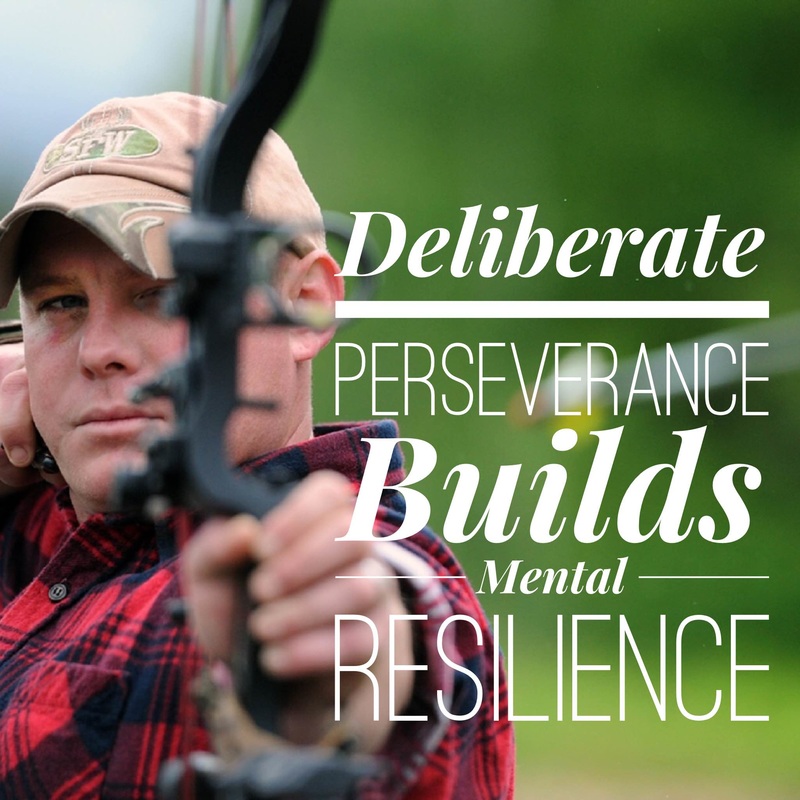
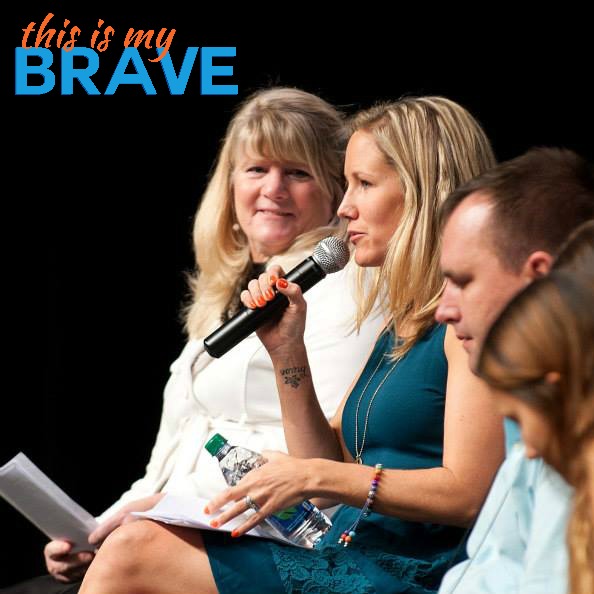
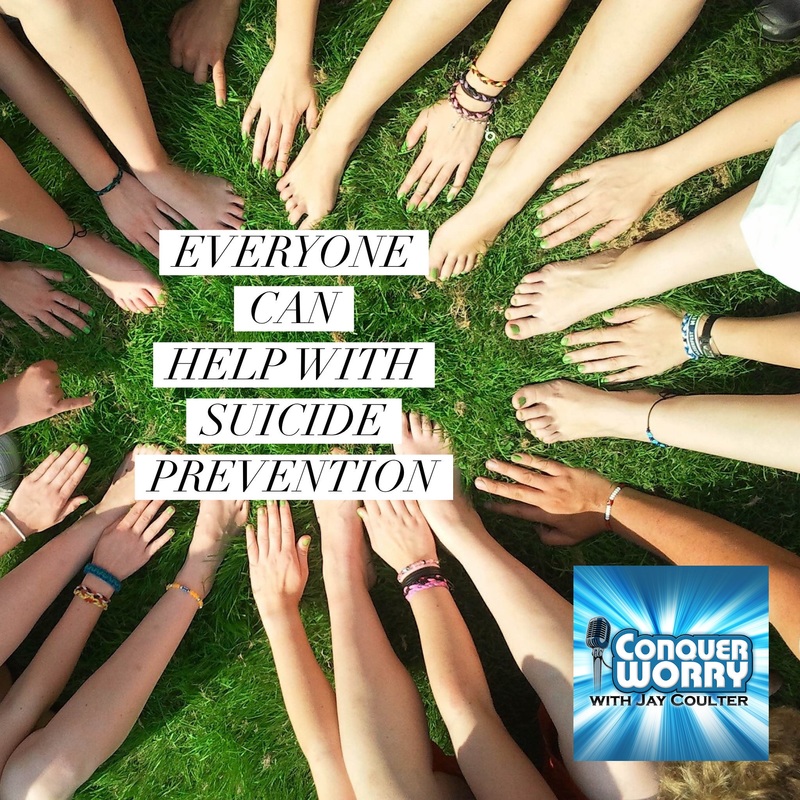
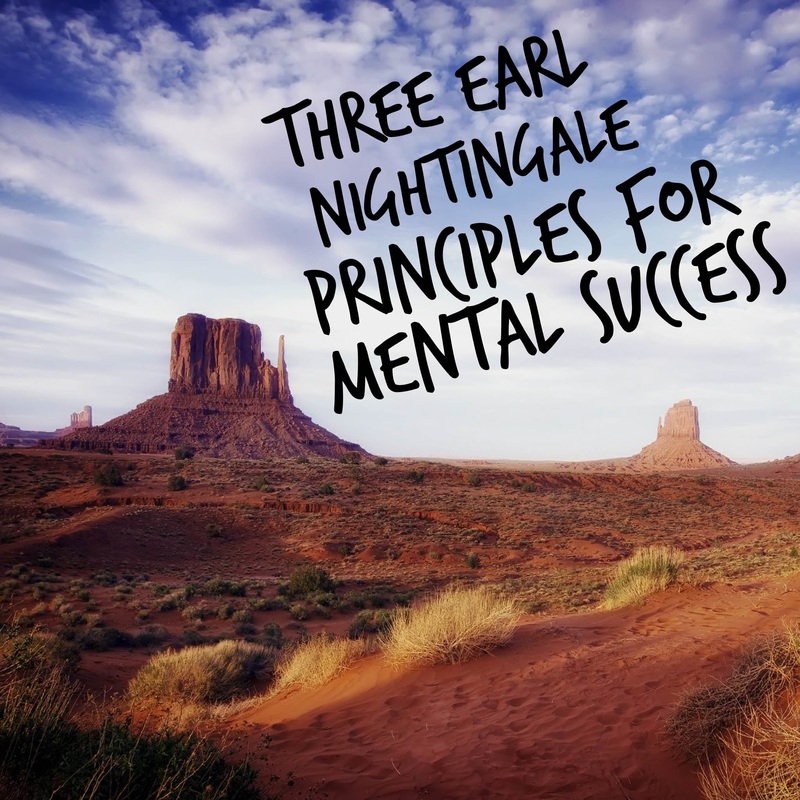
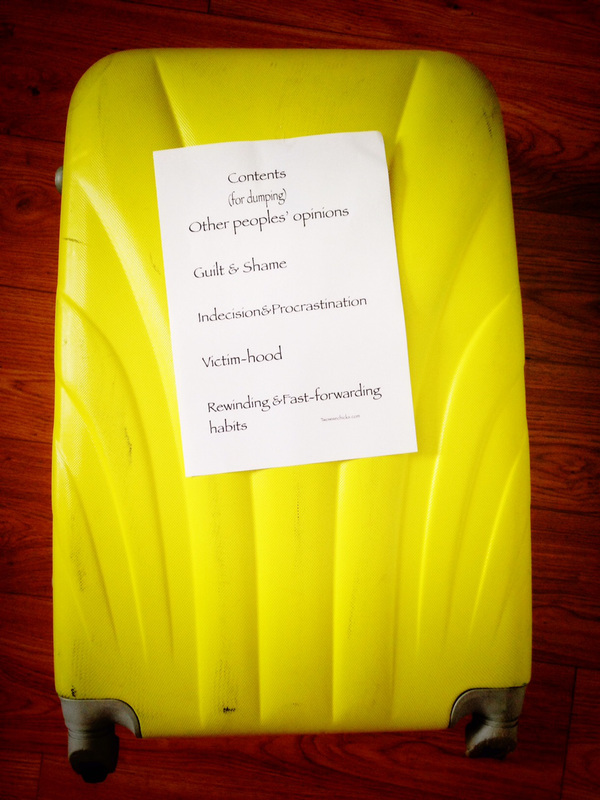
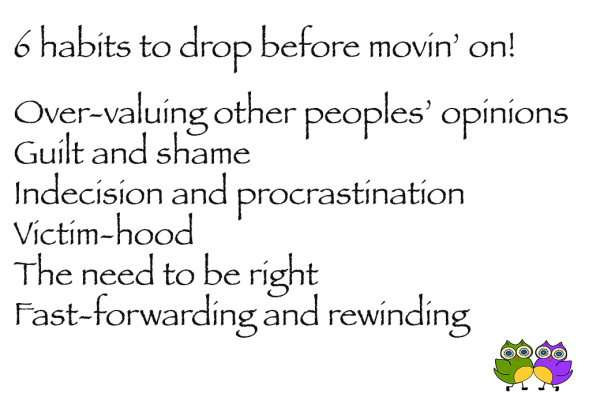
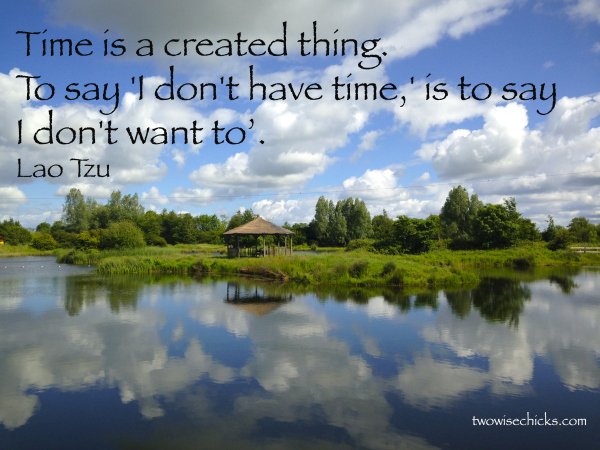
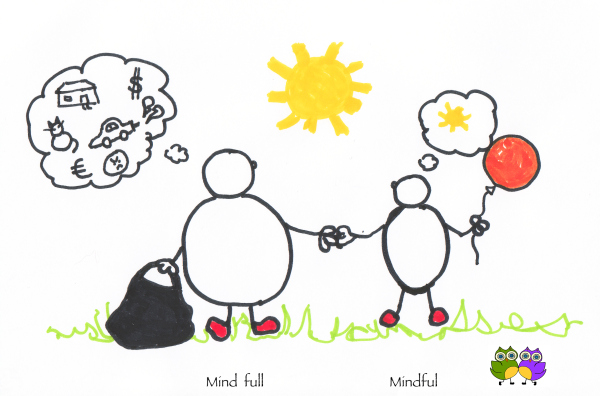
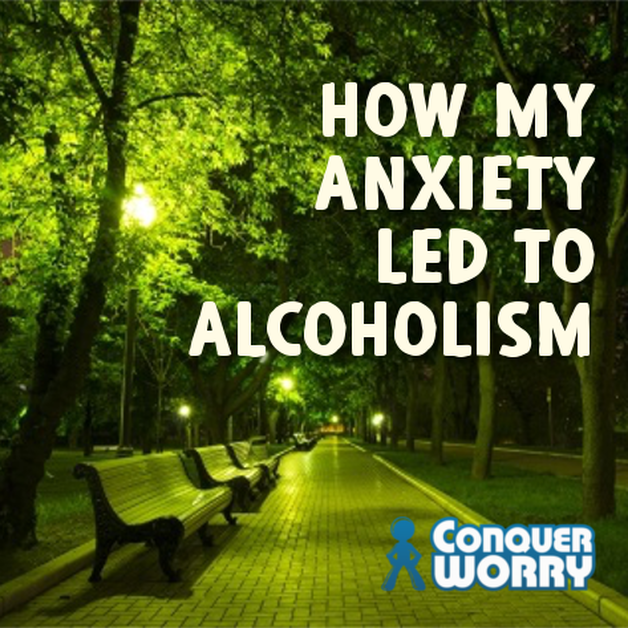
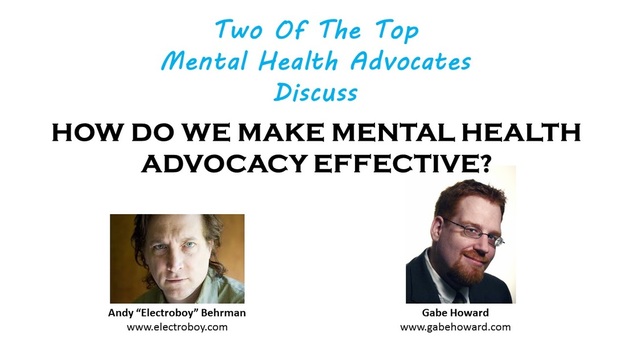
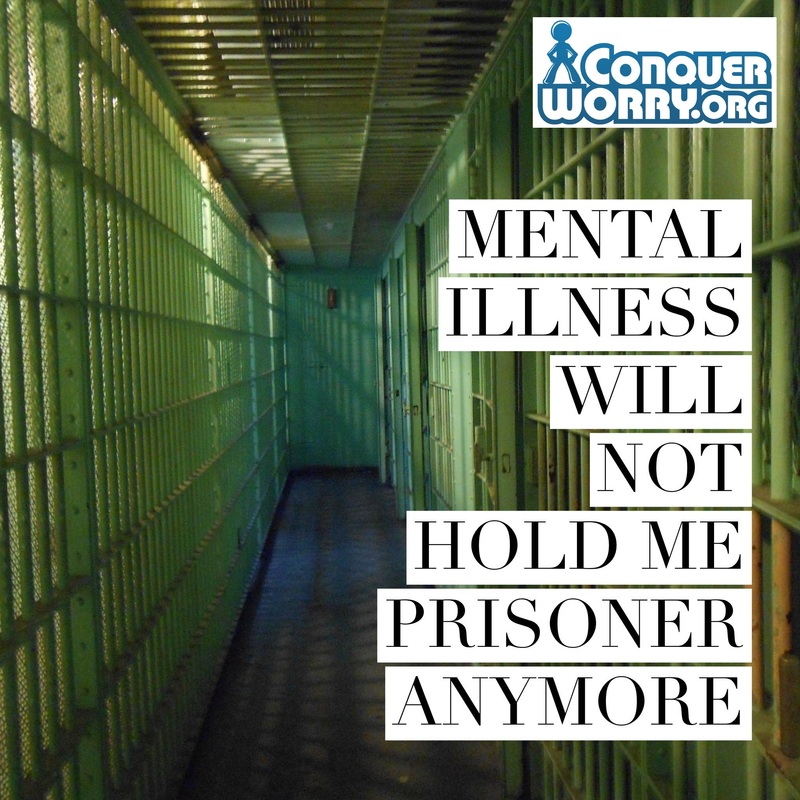

 RSS Feed
RSS Feed





